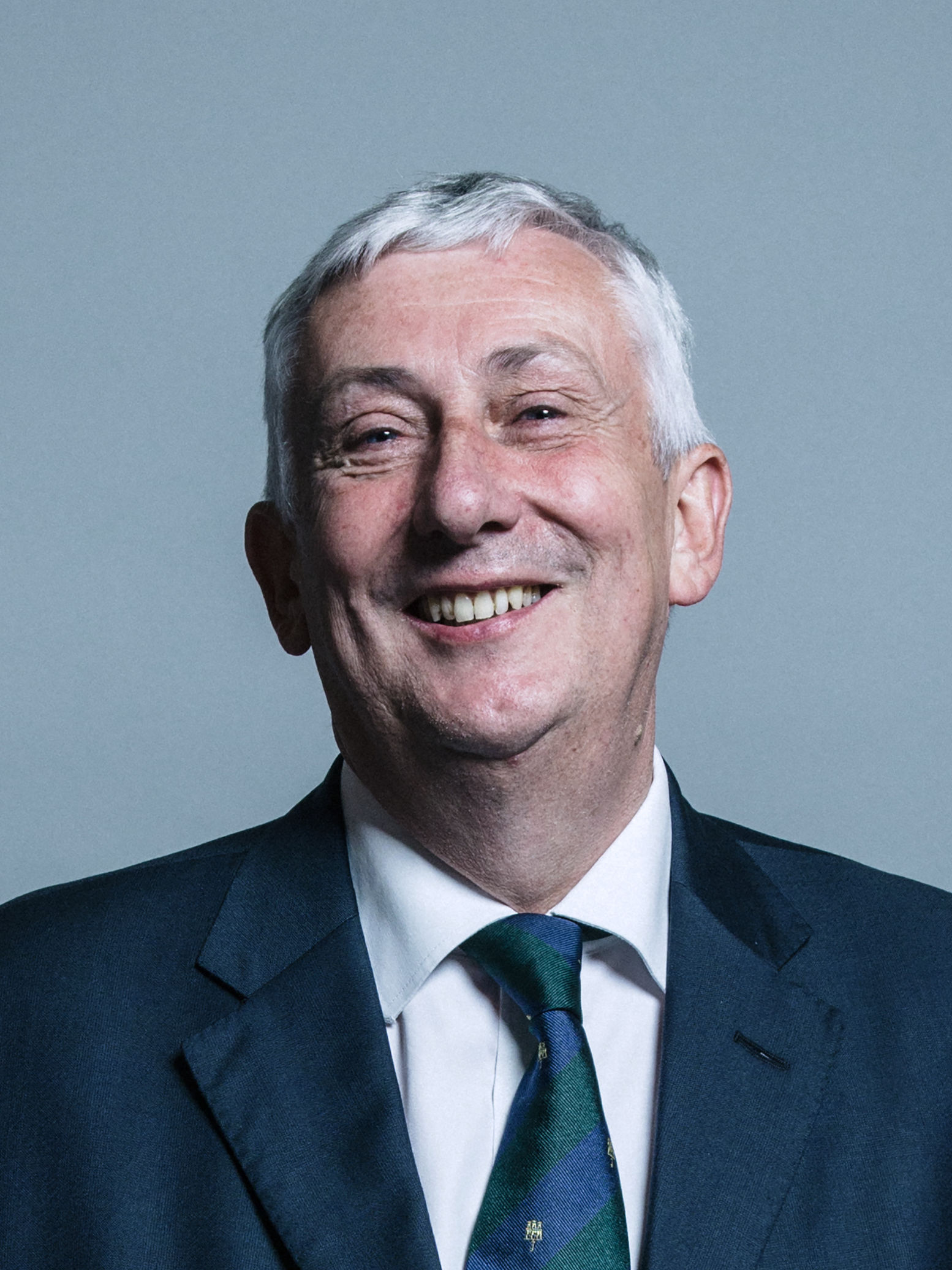Kenny MacAskill – 2022 Speech on Prepayment Meters
The speech made by Kenny MacAskill, the Alba MP for East Lothian, in the House of Commons on 15 December 2022.
I congratulate the hon. Member for Glasgow North East (Anne McLaughlin) and others who have contributed to the debate. I agree entirely with their comments and sentiments. I want to comment on two aspects: “self-disconnection” and prepayment meters.
I am a child of the ’60s. Families of that era will all remember, because they were universal, the strictures to switch off lights and the directions to ensure that every appliance was switched off unless, like a fridge, it required to remain on. “Self-disconnection” was just never mentioned; that has arisen only in the energy crisis. Let us be clear: it is a euphemism that masks something that is frankly quite appalling.
We have had other such euphemisms. The phrase “legitimate targets” has been used when civilians, civil servants, part-time police officers—usually farmers doing it in their spare time—or even customs officers have been murdered by terrorists. Describing them as “legitimate targets” takes away the horror of it. We see it even from Governments: we have had illegal wars with “collateral damage”. No, sorry: it was not collateral damage. It was the murder of families going to prayer, to a wedding or wherever else.
Now we have “self-disconnection”. It sounds very benign: who could possibly disagree with self-disconnection? Where is the harm in self-disconnection, if somebody chooses to manage their budget in that way? What we are really talking about when we use the phraseology of “self-disconnection” is the financial circumstances imposed on people by the cost of living crisis and the energy price rises, which are all within the control and the domain of a Government who are causing hardship—albeit that people are doing it themselves because they have literally no alternative. We have to move on from “self-disconnection”. This is a Government choice that has to be changed and has to be addressed.
Let me move on to prepayment meters. The cold snap that we are living through is affecting everybody. There will not be anybody who possesses a smart meter who will not be looking at it with some surprise. Many will be looking with horror, and some with abject misery, at just what their bill shows as the meter rises before their very eyes.
Let us be clear. It is not simply a question of heating, which is fundamental during the cold snap at the moment, nor is it simply about the question that is always posed about the insidious choice that people have between heating and eating. It is also about access to power. If someone is on electricity and they have to self-disconnect, as the euphemism has it, that will also affect their ability to have the fridge on. Maintaining a fridge allows people to buy food more cheaply and keep it for longer, which affects quality of life. People who want to wash their clothes—the person going to their employment who wants to look smart, the mother who wants to ensure that her children are not picked on at school—are not able to turn on their washing machine, because anybody with a smart meter knows how fast it ratchets up when they put the washing machine on.
It goes beyond even that. Access to power provides people with access to a phone or an iPad to allow their child to improve themselves. People require access to a phone to obtain employment; on some occasions, perversely, they may even require it to top up their prepayment meter. If they cannot even get access to a phone, how can they deal with that?
As other hon. Members have mentioned, access to power also fundamentally affects life. There are people who require power for their health. The fundamental concern is dialysis: the numbers are few, but there should be no basis on which anybody with a health requirement should be required to have a prepayment meter. I know that word has been put about that that is not normally what happens, but we all know from the charities that it does. That has to change.
What are the numbers that we are dealing with? We are not talking about a handful of individuals. In Scotland, there are 500,000 prepayment meters, which equates to almost a fifth of our people. The proportion is slightly less in the United Kingdom as a whole: it is 4 million there. We are not talking about the odd person in the odd street. We are talking about whole areas that are certainly in multiple deprivation and are being forced into this. That has to be dealt with.
Smart meters should be liberated. Technology is meant to advance our society. In many instances, it has done so; access to the internet has been beneficial, even though social media has a downside, as we all know. But 13% of smart meters are now on a prepayment tariff. That is simply unacceptable: it is bringing in a wrong, and it is perpetuating a wrong. Technology that should simplify the system and make it fairer is making it worse. No smart meter should be going on to a prepayment tariff.
I agree with the hon. Member for Glasgow North (Patrick Grady) that the issue is not prepayment meters per se, but the higher standing charges and higher tariff that apply. An argument could be made that there is a need for prepayment meters. Private landlords really do want them, and I can understand that in those circumstances they are acceptable. Some public landlords would also prefer them; that, in itself, is not an issue. Some people would even prefer them so that they can manage their own budget; I might advise or counsel them against that, but it is an option that they should be able to take if they so wish, after hearing such advice. What is entirely unacceptable is the higher standing charges and higher tariff that apply. It is simply perverse that those who have least and are most vulnerable, which invariably includes people on prepayment meters, should pay more. That must end.
I have spoken to the major utility companies. Previously, with prepayment meters, they used to bung everything to Utilita, but now that we are moving on to smart meters it is all going much wider across the board. The companies accept that it would be perfectly reasonable and easily possible, with the technology we have, to change everybody to the same tariff. This is a separate issue for another day, but actually we should have a social tariff of the kind that applies in much of Europe and should apply to the poorest and most vulnerable here. There certainly should be no increased tariff for those with prepayment meters. It can be done with the current technology. At most, it would mean a very modest increase for the rest of us on credit. That is the maximum issue that would be faced by the companies that provide it. If that has to be, so be it. I am my brother’s keeper as we come to the festive period. We have a taxation system in which those who have most pay most, and if it means a very minor increase for those on credit, so be it. There are other ways that we can remedy it, such as through windfall taxes. That is what has to be done.
This euphemism of “self-disconnection” has to be killed once and for all. That is not a phrase we should accept. It is enforced austerity, poverty, misery and sometimes even death. We have to ensure that higher standing charges and higher tariffs are ended for those on prepayment meters. It can be done—it is within the scope of Ofgem. I have asked Ofgem, and it says that it is a creature of statute; it can only act on the basis of a ministerial direction. How do we end the scandal of a higher standing charge and a higher prepayment tariff? The Minister writes a letter now to Ofgem and says, “Change it.” Ofgem would then invoke it, and this would be solved. I urge the Minister to do that.


